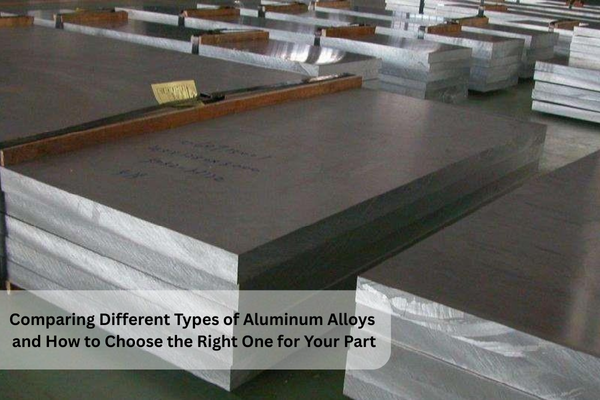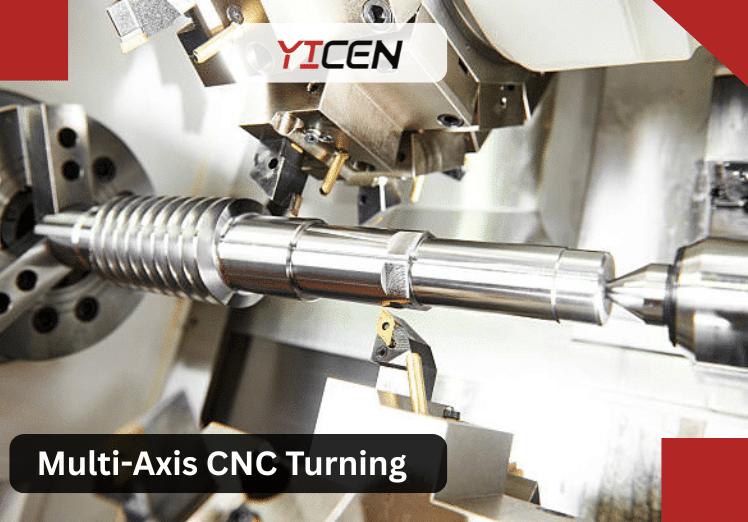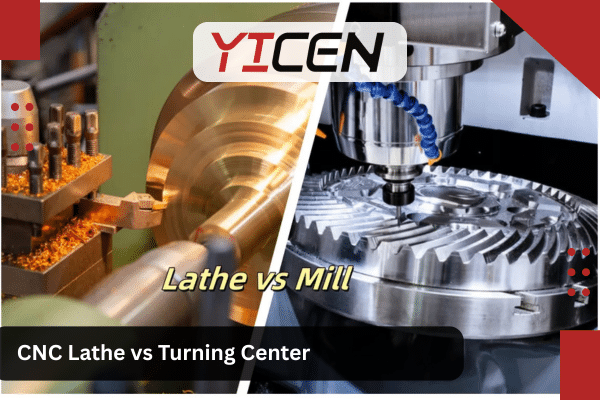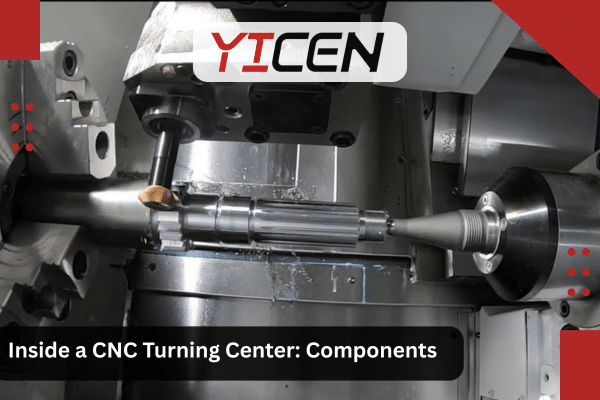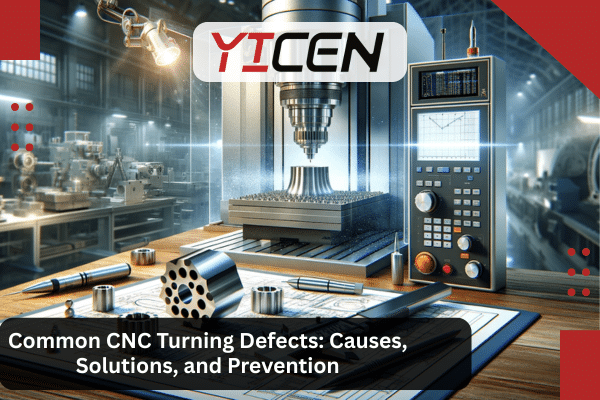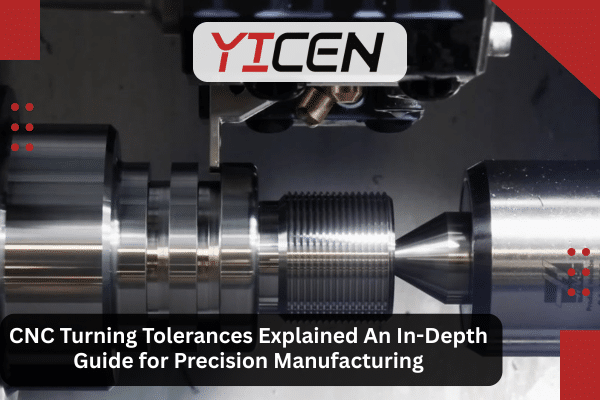Look, I’ve been working with aluminum alloys for about 15 years now, and I’m still amazed how many people get this wrong. You’ve got engineers spec’ing 7075 for everything because “stronger is better,” and then wonder why their budget went through the roof. Or worse – someone picks regular aluminum thinking it’s all the same stuff, then comes crying when their part fails after a month.
Here’s the deal: aluminum alloys aren’t just “aluminum with stuff mixed in.” Each type has its own personality. Some are total drama queens (looking at you, 2024). Others are workhorses that just get the job done (hello, 6061). And some are specialists that excel in one thing but suck at everything else.
Understanding Why Pure Aluminum Falls Short for Most Applications
Okay, “worthless” might be harsh, but seriously – pure aluminum is like bringing a butter knife to a gunfight. It’s soft as butter, bends if you look at it wrong, and while sure, it won’t rust, it also won’t hold up your coffee mug without denting.
This is where aluminum alloys come to the rescue. Smart people at places like NASA figured out decades ago that if you add the right stuff to aluminum – copper, magnesium, zinc, whatever – you can make it actually useful. We’re talking about materials that are sometimes 6 times stronger than pure aluminum but still way lighter than steel.
The folks at NIST have been tracking this stuff forever, and their data is basically the bible for anyone who actually cares about getting it right. Trust me, you want to care about getting it right.
Complete Guide to Aluminum Alloys by Series Classification
The industry uses this numbering system that actually makes sense once you figure it out. Each thousand-series has different strengths, weaknesses, and weird little quirks that’ll bite you if you don’t know about them.
1000 Series Aluminum Alloys for Electrical Applications
These are mostly pure aluminum with just a little bit of other materials added. 99%+ aluminum. They’re great for electrical work because they conduct like crazy, and they resist corrosion like champions. Strength? Forget about it. These things are soft as Play-Doh.
2000 Series Aluminum Alloys Built for Aerospace Performance
Now we’re talking business. These aluminum alloys are loaded with copper, and man, does it make a difference. NASA loves 2024 alloy for aircraft because it’s tough enough for wings that need to handle serious stress.
But here’s the thing nobody tells you – these alloys are divas. They don’t like saltwater, they’re tough to weld, and if you mess up the heat treatment, you’re just left with costly scrap. I found that out the hard way on a marine project. I’ll never do it again.
3000 Series Aluminum Alloys for General Manufacturing
Manganese is the star here. These aluminum alloys aren’t going to win any awards, but they show up every day and do their job. They’re like the Honda Civic of aluminum – not exciting, but you can count on them. Plus they’re cheap, which your accounting department will love.
4000 Series Aluminum Alloys Perfect for Casting Projects
Silicon makes these aluminum alloys flow like water when they’re molten. Great for creating detailed shapes such as engine blocks. They also handle heat cycles really well, which is why you see them in automotive applications. Fun fact: they’re also used for welding wire because silicon helps with flow and strength.
5000 Series Aluminum Alloys Designed for Marine Environments
Magnesium turns these aluminum alloys into saltwater warriors. I’ve seen research showing these actually outperform stainless steel in some marine environments. The Coast Guard uses them for a reason.
They also weld beautifully. Like, seriously beautiful welds that make you want to frame them. If you’re doing any kind of structural welding with aluminum, start here.
6000 Series Aluminum Alloys as the Universal Solution
This is where magnesium and silicon team up to create aluminum alloys that are good at pretty much everything. 6061 is probably the most useful aluminum alloy ever invented. It machines clean, welds nice, has decent strength, and doesn’t break the bank.
Machine shops keep tons of 6061-T6 in stock because customers always need it. It’s the “when in doubt” choice that rarely lets you down.
7000 Series Aluminum Alloys for Maximum Strength Applications
Zinc-based aluminum alloys that can be stronger than some steels while weighing way less. NASA uses these when weight is everything and cost is whatever.
The downside? They’re expensive, temperamental about stress corrosion, and generally high-maintenance. But when you absolutely need maximum strength and minimum weight, nothing else comes close.
Quick Reference Guide for Selecting Aluminum Alloys
| Alloy Family | Sweet Spot | Stay Away From | My Take |
| 1000 | Electrical stuff | Anything structural | Boring but necessary |
| 2000 | Aircraft parts | Marine work | Strong but fussy |
| 3000 | General manufacturing | Critical applications | Reliable and cheap |
| 4000 | Casting projects | Structural beams | Great for automotive |
| 5000 | Marine/welding | High-temp work | Saltwater champions |
| 6000 | Most everything | Extreme environments | The safe choice |
| 7000 | Aerospace/racing | Budget projects | Expensive but amazing |
My Proven Method for Selecting Aluminum Alloys
Forget the textbook approach. Here’s how it works in the reality:
Step 1: What’s going to try to destroy your part? Saltwater? You want 5000 series aluminum alloys. High stress? Look at 7000 series. Chemical exposure? Stick with 1000 series. Random everyday abuse? 6061 probably handles it.
Step 2: How are you making this thing? Need to machine it? 2000 and 6000 series cut like butter. Welding required? 5000 and 6000 series play nice. Casting? 4000 series flows beautifully. CNC work? 6061-T6 is your friend.
Step 3: What’s the budget situation? Money’s tight? 3000 series gets the job done cheap. Sky’s the limit? 7000 series all day. Somewhere in between? 6000 series hits the sweet spot.
I tell people to start with 6061-T6 unless they’ve got a really good reason to choose something else. MIT research basically backs this up – most applications work fine with 6061.
Real World Applications Where Aluminum Alloys Make the Difference
Aerospace: Those aluminum alloys in airplane wings? Mostly 2024 and 7075. Every pound saved up there means serious fuel savings. A 10% weight reduction can equal 20% better fuel economy. That’s real money.
Boats and offshore: 5083 and 5086 aluminum alloys dominate because they just don’t care about saltwater. I’ve seen 20-year-old marine structures that still look new because someone spec’d the right alloy.
Cars: Automakers are going crazy with 6000 series aluminum alloys right now. Light enough for better gas mileage, strong enough for crash tests. Win-win.
General machine shop work: Most shops keep 6061 in stock because it covers 80% of what walks through the door. Easy to machine, welds great, customers are happy.
Common Mistakes That Will Cost You Money with Aluminum Alloys
Picking the strongest alloy for everything: 7075 costs about 3 times more than 6061. Use it when you really need that strength, not just because it sounds cool or impressive.
Ignoring the environment: I once saw someone use 2024 aluminum alloys for a dock project. Guess what happened after six months in saltwater? Expensive lesson.
Forgetting about manufacturing: Some alloys machine beautifully but won’t weld. Others weld great but are nightmares in the CNC. Know before you buy.
Heat treatment confusion: The T6 is much more powerful than the T4, but the T4 builds up better. Just make sure you’re getting what you really need.
Quality Control Standards for Aluminum Alloys That Actually Matter
Not all aluminum alloys are created equal, even with the same part number. ASTM standards exist for good reasons – chemistry variations can kill your project.
Always get material certs and actually read them. A little too much iron makes machining miserable. Too little magnesium hurts corrosion resistance. I’ve seen projects fail because someone didn’t check this stuff.
Good manufacturers always verify materials. It costs a bit extra but saves massive headaches later.
Frequently Asked Questions About Aluminum Alloys
What’s the absolute strongest aluminum alloy? 7075-T6 tops the commercial list at over 500 MPa yield strength. NASA data shows it in critical aircraft parts. But “strongest” depends – tensile, impact, fatigue are all different stories.
Can you weld all aluminum alloys? Nope. 5000 and 6000 series weld beautifully. 2000 and 7000 series? Good luck. They crack, lose strength, and generally make you miserable. Smart welders know which ones to avoid.
Do aluminum alloys actually rust? Not like steel, but they corrode. 5000 series aluminum alloys laugh at saltwater. 2000 series can crack under stress in chloride environments. NIST research shows environment matters huge.
What’s this T6 stuff mean? T6 means the solution is heat treated and then artificially aged. It’s like aluminum alloys going to the gym – they come out much stronger. T4 is partially treated, O means annealed (soft). Huge difference in properties.
Aluminum vs steel – what’s better? Depends what you need. Aluminum alloys are 65% lighter and naturally resist corrosion, but steel’s generally stronger and cheaper. MIT studies show it’s all about your specific needs.
Best aluminum alloy for beginners? 6061-T6, hands down. Machines well, welds well, decent strength, resists corrosion. Materials people start here because it’s forgiving.
Cost compared to steel? Aluminum alloys cost 2-4 times more per pound, but you use less because they’re lighter. Total cost depends on your specific application and processing needs.
Research Sources and References for Aluminum Alloys Information
Most of this stuff comes from years of hands-on experience, but when I need to back up claims or get specific data, here’s where I go:
The NASA folks have been documenting aluminum alloy properties since the 1970s. Their Materials Data Handbook for 7075 and 6061 alloys (NASA-CR-124075 and NASA-CR-124076) are still the gold standard. You can find them at https://ntrs.nasa.gov/citations/19720022809 and https://ntrs.nasa.gov/citations/19720022808
MIT’s materials science department does solid research on metals. Their current work is documented at https://dmse.mit.edu/research-impact/materials-research-type/metals/ and it’s worth reading if you’re into the science side of things.
For specific data on 6061 properties, NIST’s repository at https://materialsdata.nist.gov/handle/11115/242 has mechanical testing results that I reference pretty often.
NASA’s 1994 report on aerospace aluminum applications (NASA-TM-109632) explains why certain alloys get used where. Available at https://ntrs.nasa.gov/search.jsp?R=19940033999
Penn State’s materials course covers aluminum basics really well. Check out https://www.e-education.psu.edu/matse81/node/2143 if you want to understand the fundamentals.
Wikipedia actually does a decent job on aluminum alloy basics. Their 6061 page at https://en.wikipedia.org/wiki/6061_aluminium_alloy and general aluminum alloy page at https://en.wikipedia.org/wiki/Aluminium_alloy are good starting points, though obviously not as detailed as the technical sources.
NIST also has broader mechanical properties data at https://materialsdata.nist.gov/handle/11115/177 that covers multiple alloys if you want to compare numbers side by side.

